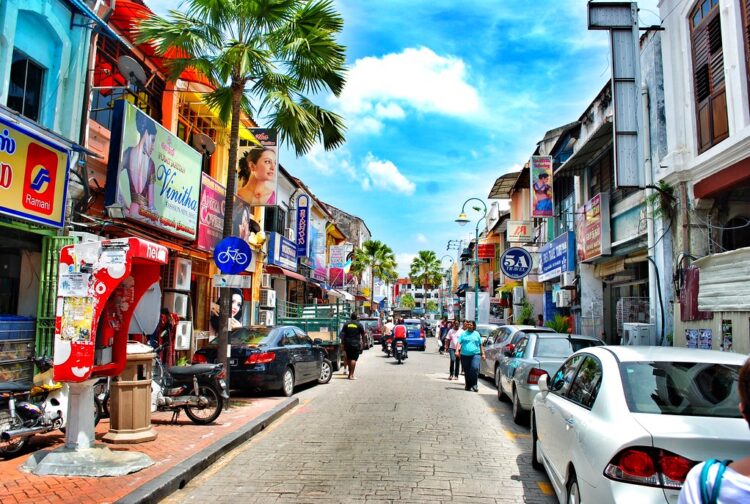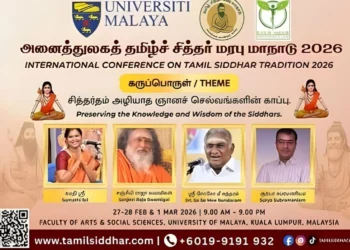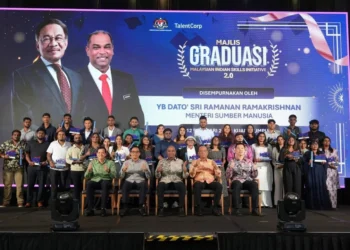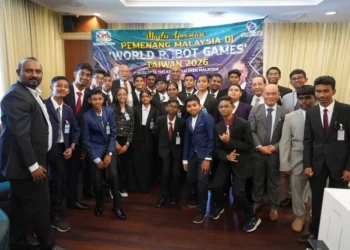The Penang state government has introduced specific regulations stipulating that only Indian traders based in the state are allowed to take part in sales carnivals organized during the Deepavali festive season.
Chief Minister Chow Kon Yeow stated that the initiative is intended to protect the interests of local traders. He explained that the policy, which has been in place for the past five years, was implemented in response to numerous complaints from Indian business owners in Penang and the Penang Indian Chamber of Commerce and Industry (PICCI). These concerns centered around the growing presence of foreign traders, including those from overseas, who were selling goods at lower prices, creating unfair competition for local businesses.
The primary reason is that local traders live and run their businesses in Penang year-round. They shoulder continuous expenses such as rent, taxes, and employee wages, even though their businesses may not generate consistent profits each month. For many of them, festive periods like Deepavali are crucial opportunities to boost their earnings.
“Therefore, during peak seasons like Deepavali, only local traders are permitted to apply for participation in sales carnivals, festivals, or similar events, as our goal is to safeguard their interests,” he said at a press conference held at Komtar yesterday in conjunction with the Penang 2030 short video series.
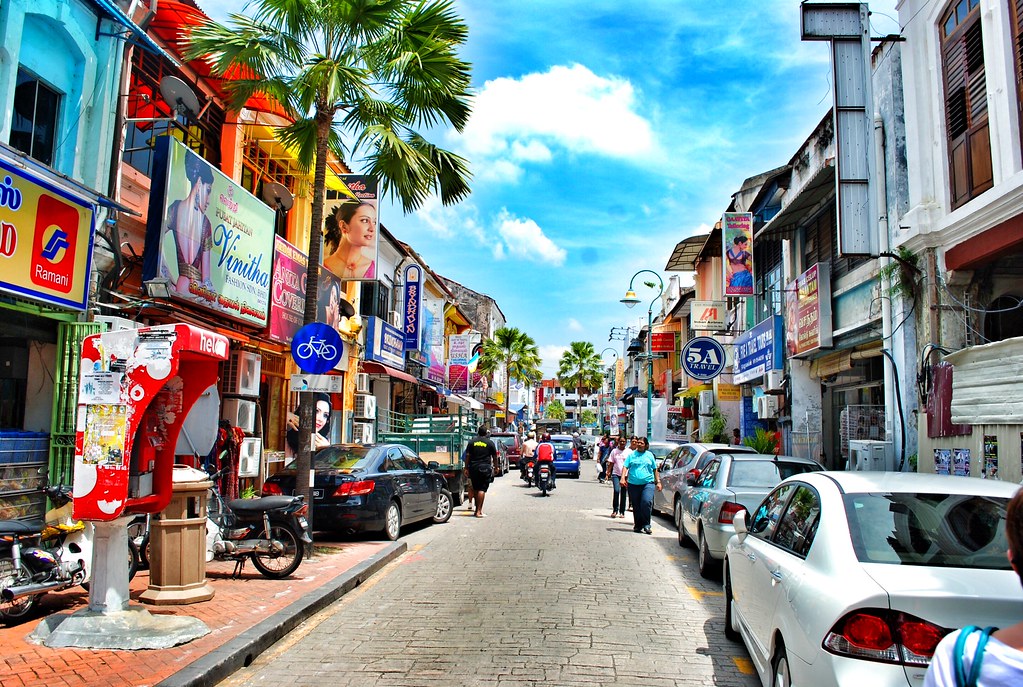
Chow made these remarks in response to a newspaper report about enforcement actions taken by the Seberang Perai City Council (MBSP), which issued summonses to traders at an Indian community business carnival in Bukit Mertajam, near Penang. A video of the incident quickly went viral on social media.
He clarified, however, that foreign traders are still permitted to do business or organise carnivals outside of the peak Deepavali festive period.
He also admitted that there have been efforts to circumvent the policy by applying for permits under the names of local individuals, while the actual businesses are operated by foreign traders.
“This is a frequent tactic—permits are registered under local names, but in truth, the stalls are managed and supplied by foreigners. This creates unfair competition and puts significant strain on our local traders,” he said.
Chow explained that the policy is specifically targeted at traders who organise carnivals and sales events in connection with Indian community celebrations.
“To date, we haven’t received any complaints from traders in other sectors, such as those selling durians or operating night markets. As such, this policy is limited to Indian traders during their festive season,” he said.
In a separate statement, the Seberang Perai City Council (MBSP) clarified that it does not ban or limit the organisation of sales carnivals held in celebration of cultural festivals, including those observed by the Indian community in Seberang Perai. However, MBSP stressed that there are established guidelines to manage the involvement of organisers and traders from outside Penang, especially during key peak periods throughout the year.
The statement explained that the measure is designed to protect the livelihoods and interests of local traders, who have voiced concerns about rising competition from foreign traders.
“MBSP has received numerous complaints from local trade associations, particularly those representing the Indian community, expressing frustration that their business opportunities are being increasingly limited by the influx of external organisers and foreign traders who dominate commercial spaces during cultural and religious carnivals,” the statement read.
The statement noted that a policy has been put in place allowing traders and event organisers from outside Penang to operate in the state only between April 1 and June 30 each year.
It emphasised that the policy is neither racially discriminatory nor aimed at marginalising any specific community. Instead, it is a proactive step to protect the welfare of local traders—especially small-scale entrepreneurs within Penang’s Indian community—by helping them stay competitive in today’s challenging economic environment.
Source: Bernama
Follow us on Instagram, Facebook or Telegram for more updates and breaking news.


